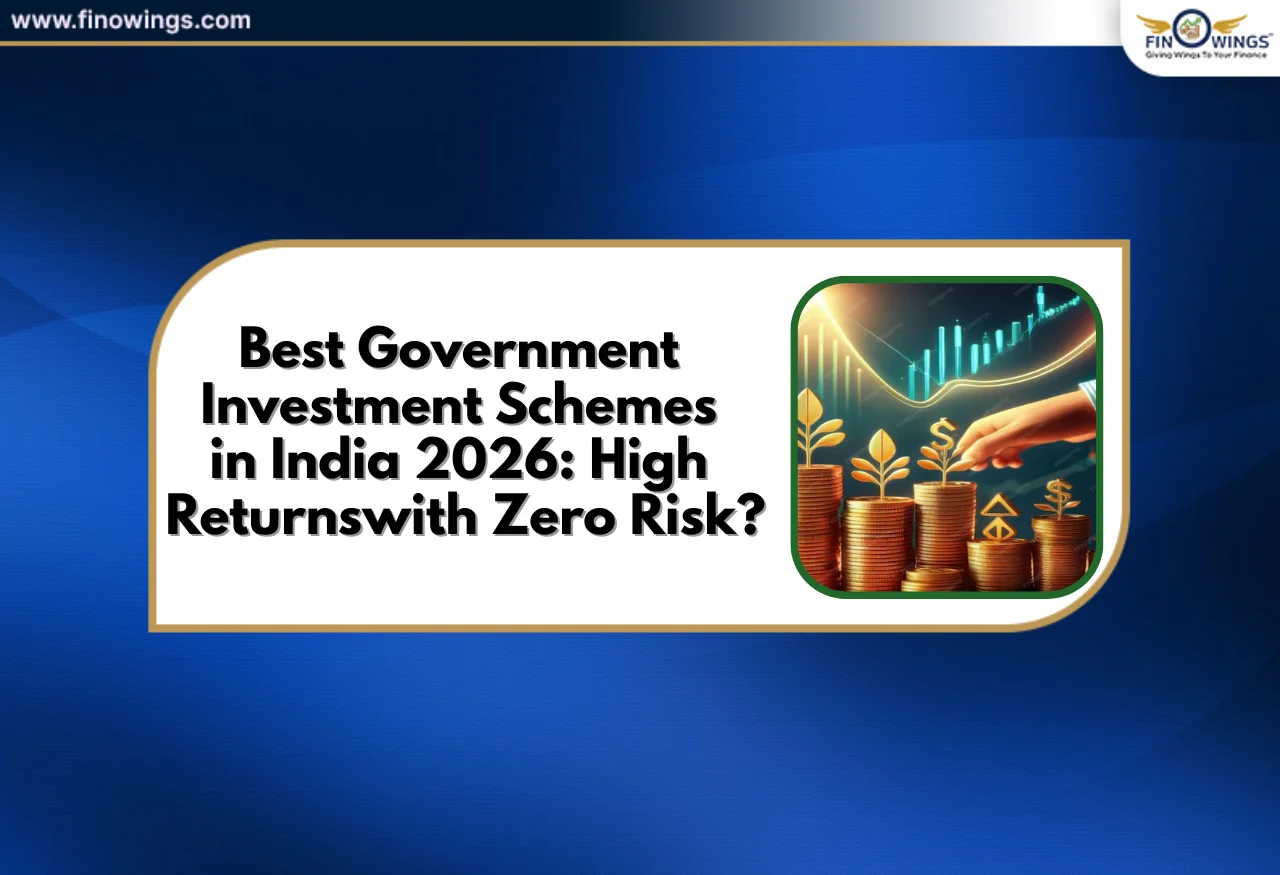Home >> Blog >> Common Mistakes Investors Make While Applying for IPOs
Common Mistakes Investors Make While Applying for IPOs

Table of Contents
Introduction
The excitement around new IPOs (Initial Public Offerings) often attracts thousands of investors in India. Every time a well-known company announces an IPO, investors rush to apply, hoping for quick listing gains.
However, many face disappointment - not because of bad luck, but due to avoidable mistakes. Understanding IPO application errors and how to avoid them is essential for better results.
In this IPO guide India, we’ll highlight the most common IPO mistakes India investors make and share practical IPO investment tips to improve your success rate.
1. Ignoring the Company’s Fundamentals
-
One of the biggest IPO mistakes India investors make is applying without researching the company.
-
Don’t invest based only on brand name or market hype. Study the company’s business model, financials, debt levels, and growth potential.
-
Before applying, read the RHP to know the company's performance, risks, and goals.
2. Applying With Multiple PAN Numbers
Using multiple PANs under the same name, especially in the case of family members, is an error. Under the same PAN, duplicate applications are illegal. SEBI will deny your entire application.
IPO guide India tip: One valid PAN per person. Ensure your demat account details are aligned to the provided PAN.
3. Choosing the Wrong Bid Price
Another frequent IPO application error is indicating a bid price lower than the cut-off. Many retail investors actively set a price and do not select the "Cut-off" option, considerably lowering their chances of allotment.
IPO investment tips: When applying, always select ‘Cut-off Price’. This keeps your bid valid, even in situations where the issue is oversubscribed.
4. Incorrect or Incomplete Bank & Demat Details
Incorrect or incomplete applications result from wrong details like UPI ID, bank account number and demat information. Most problems result from even a small typo, which will block successful payment from being made or the shares being assigned to a user post allotment.
IPO Guide India Tip: Before submission, always confirm your details, particularly your UPI ID, DP ID, and client ID.
5. Last-Minute Applications
Investors submitting last-minute applications on the final day of an IPO increase the possibility of UPI delays and other technical failures. This makes it highly likely that submissions will be incomplete.
To avoid mistakes with your IPO, submit applications at least a day before the deadline. This gives you enough time to confirm payment.
6. Ignoring Subscription Data
Some investors apply for an IPO without paying attention to the subscription numbers, which include the QIB, NII, and Retail. This number provides insight into demand and allows investors to track a company’s expected performance after listing.
IPO Investment Tip: Before an IPO, be sure to check and track the daily subscription status on the NSE/BSE sites.
7. Expecting Guaranteed Allotment
IPO allotment is done on a lottery system, and just because you apply to multiple lots doesn't mean you'll receive an allotment.
IPO Guide India Tip: Don't overinvest to increase your allotment chances. It'll just lead to other problems.
Conclusion
Investing in an IPO is an excellent opportunity, especially when one shuns the typical beginner pitfalls. To increase standby and avoid a lot of unnecessary mistakes, one should auction early, apply at cut-off prices, research fundamentals, and fill in all appropriate, accurate details.
Smart investors pay close attention to the best ipo investment tips and avoid the most common ipo application errors so they can avoid mistakes with an ipo down the road.
“IPO investing is not about luck. It’s about preparation, patience, and precision.”
DISCLAIMER: This blog is NOT any buy or sell recommendation. No investment or trading advice is given. The content is purely for educational and information purposes only. Always consult your eligible financial advisor for investment-related decisions.
Author
Frequently Asked Questions
The safest way is to apply through your broker or UPI-based ASBA using correct PAN, bank, and demat details. Always apply at the cut-off price, avoid last-minute submissions, and check subscription status before applying.
No. IPO allotment for retail investors is done via a lottery system. Applying for more lots does not guarantee allotment if the IPO is oversubscribed. Your chances remain the same for all retail applicants who applied at least one lot.
Incorrect details result in application rejection. Your UPI mandate may fail, and even if approved, shares cannot be allotted to a wrong demat ID. Always double-check your DP ID, Client ID, and UPI before submitting.
Yes. Applying at the cut-off price ensures your bid remains valid even if the final IPO price is higher than what you manually selected. This increases your chances of allotment in oversubscribed issues.
No. There is no guaranteed allotment in any IPO. Allotment is based on SEBI rules and lottery system. You can only increase your chances by applying early, using correct details, and selecting the cut-off price.



















